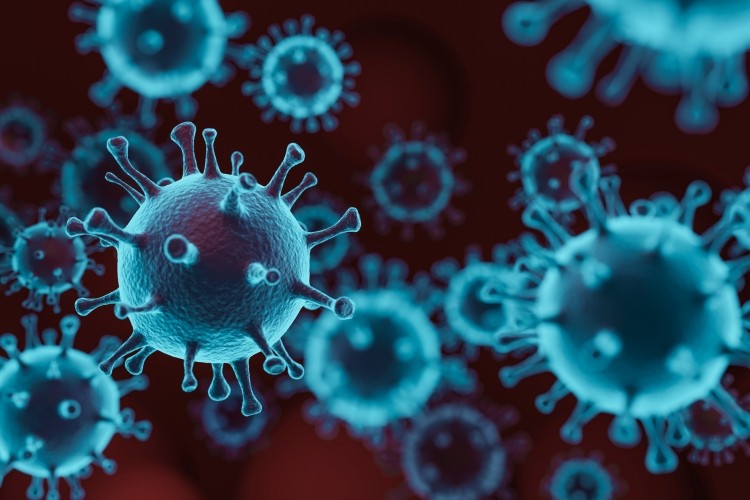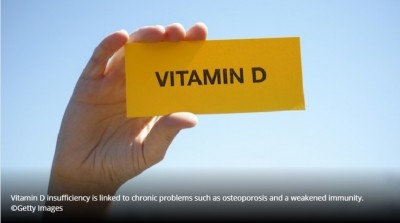Lactoferrin exhibits COVID-19 protective effect in vitro

Lactoferrin (LF) is a protein found naturally in milk from humans and cows as well as other bodily fluids, which has shown potential in fighting viral and bacterial infections and to exert anti-inflammatory and immune-modulating activity (1,2).
The LF antiviral effect occurs by preventing the entry of viral particles into the host cells, either by directly binding to the viral particles or blocking the virus receptor or co-receptor present on the host cell. LF is able to prevent the internalisation of some viruses, such as SARS pseudovirus, by binding to cell-surface HSPGs, which have been shown to act as a necessary co-factors for SARS-CoV-2. Moreover, LF was shown to inhibit the entry of murine coronavirus, as well as human coronaviruses hCoV-NL63.
LF has been reported to selectively inhibit cathepsin L, a lysosomal peptidase critical for endocytosis, which is a cell entry pathway used by SARS-CoV-2 and has previously been noted as a potential supplement to prevent infection as well as an adjunct treatment for those who have developed COVID-19.
In this study, researchers used a model of human intestinal epithelial cell line to investigate the effects of LF on antiviral immune response gene expression and COVID-19 infection.
The researchers found that LF pre-infection treatments of infected cells induced the expression of TGFB1, an immune suppressive cytokine pivotal for immune responses regulation, and dampen the expression of TSLP, which plays a critical role in airway inflammation.
LF treatment also significantly decreased the expression of IL1B and IL6, that are among the most important cytokine involved in the “cytokine storm”.
Study author Professor Fabrizio Pregliasco, a virologist at the University of Milan, explains this study shows LF pre-infection treatments not only enhanced the antiviral immune response with moderate effects against COVID-19 infection, but also positively modulated cytokines production triggered by virus in Caco-2 Intestinal Epithelial Cells.
“In the present study, for the first time the protective effects of lactoferrin against SARS-CoV-2 infection in vitro have been studied. In this context our study provides some very interesting and encouraging data in the prevention of SARS-CoV-2 infection.
"Specifically it has been shown that lactoferrin contained in SOFAR S.p.A. product Globoferrina can boost the antiviral immune response and partially inhibit SARS-CoV-2 infection in a human intestinal epithelial cell line.
“In this study Lactoferrin pre-infection treatments not only enhances the antiviral immune response with moderate effects against SARS-CoV-2 infection , but also positively modulate cytokines production triggered by virus in Caco-2 Intestinal Epithelial Cells."
Although the findings cannot be directly translated into clinical practice, the researchers say they should prompt the planning of clinical studies aimed at investigating the potential anti-SARS-CoV-2 activity of LF in vivo.
The report states: "Further experiments are required to elucidate in vivo dosage and efficacy and to clarify whether LF adjuvant treatment could be useful particularly for COVID-19 cases characterised by mild to moderate or severe gastrointestinal GI symptoms."
Source: Nutrients
Salaris, C.; Scarpa, M.; Elli, M.; Bertolini, A.; Guglielmetti, S.; Pregliasco, F.; Blandizzi, C.; Brun, P.; Castagliuolo, I. Protective
"Effects of Lactoferrin against SARS-CoV-2 Infection In Vitro"
https://doi.org/10.3390/ nu13020328








